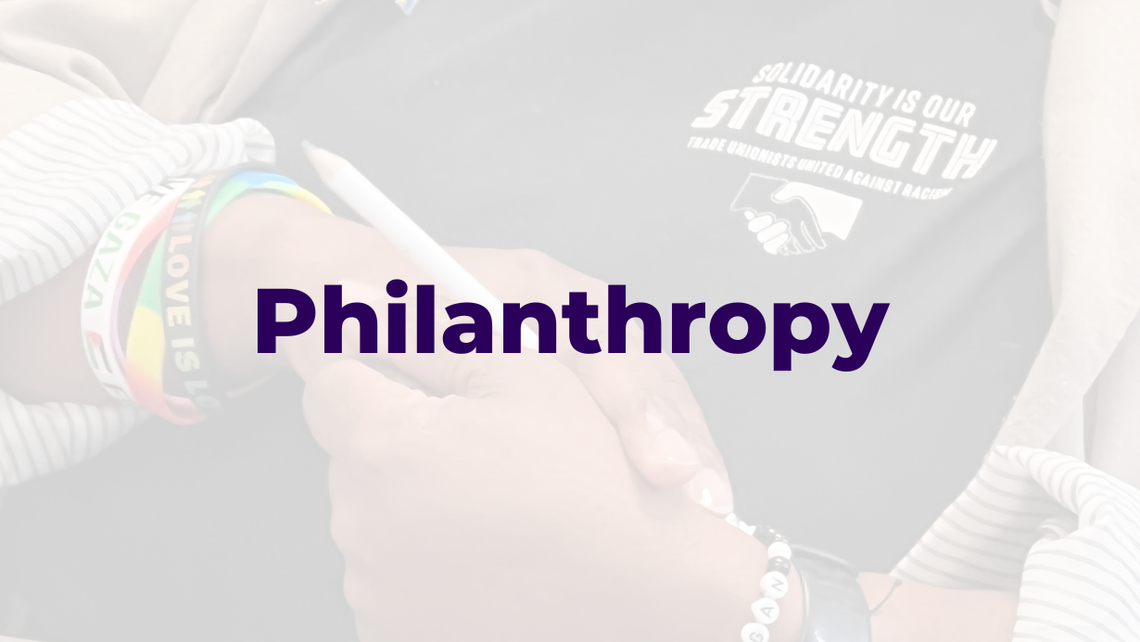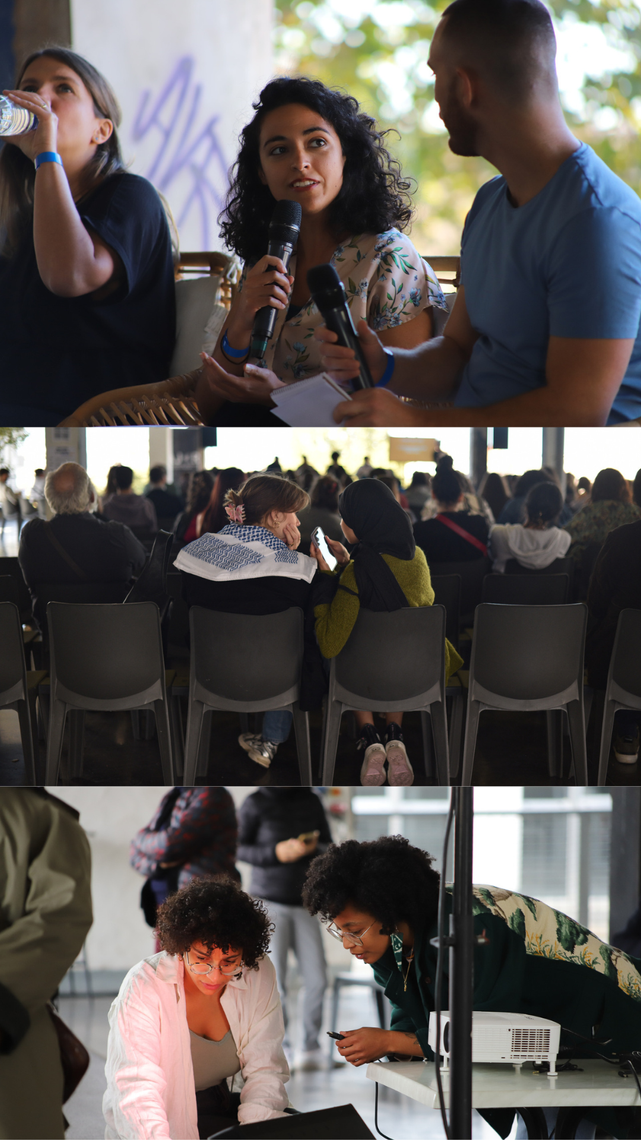A festival of ideas and action
AJAR – The Association of Antiracist and Racialised Journalists – organised its inaugural AJAR Festival in Marseille, France, on 5th and 6th October 2024. This boundary pushing event, brought together journalists, researchers, and activists to tackle the pressing issue of racism in the media. The festival created a unique space for open dialogue and solution-finding, attracting around 250 participants, including many from the general public.
The success of the AJAR Festival highlights the critical importance of creating platforms where difficult conversations about race and media representation can take place. By choosing to hold the event in Marseille rather than Paris, AJAR brought a commitment to decentralisation and inclusivity that resonated strongly with attendees.
AJAR: a beacon of change
AJAR, a grassroots organisation led by racialised journalists, embodies the transformative power of community-driven initiatives in challenging systemic racism in media. Their inaugural AJAR Festival in Marseille exemplifies how local actors can create impactful spaces for critical dialogue and change.
Despite being a young collective, AJAR's success in organising this event shows the potential of targeted support to amplify marginalised voices and perspectives. The festival's achievements went beyond initial expectations, with the venue filled to two-thirds capacity and attracting a diverse audience that extended well beyond media professionals.
"The ER grant made this ambitious project possible. Above and beyond that, the ENAR and Foundation ENAR teams kept a watchful eye on our project throughout, providing a reassuring and welcoming presence," said Yasmine Choukairy, member of the AJAR event organising team.
This broad appeal points to the public's hunger for nuanced discussions on racial representation in media, traditionally overlooked by mainstream discourse. By choosing Marseille as the festival's location, AJAR challenged the centralisation of cultural power in Paris, aligning with decolonial practices that seek to dismantle hierarchies and empower regional voices.
This decision resonates with broader efforts to decentralise anti-racism work across Europe, recognising the diverse experiences and strategies needed to combat racism effectively.




